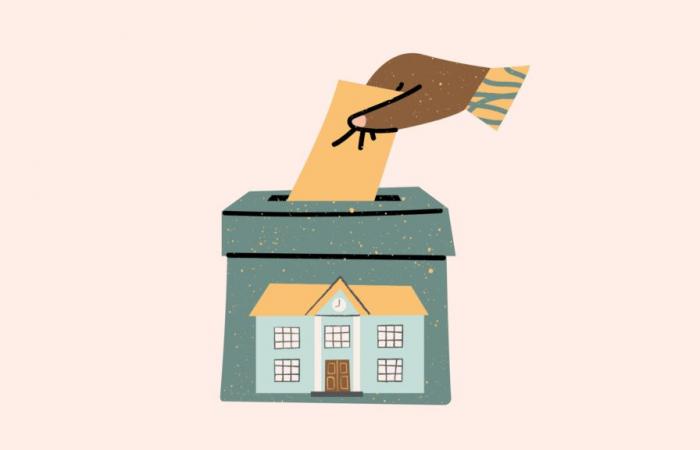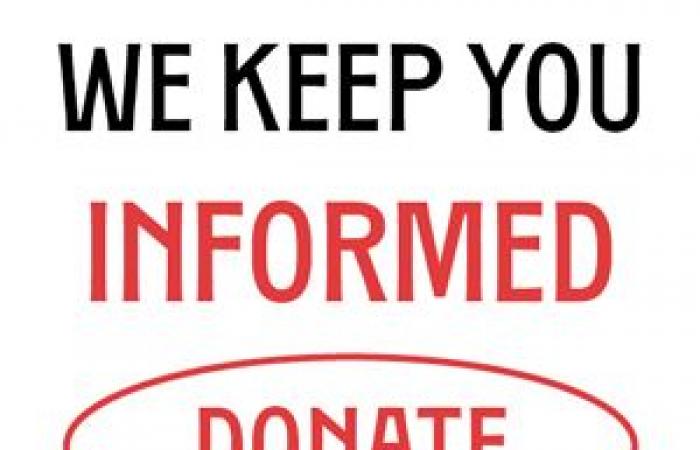Editor’s note: This story was written as part of an HON 251 Civic Engagement group project.
This Nov. 5, Kentuckians will be voting on whether or not to pass Amendment 2. If passed, public school funding will be compromised, and tax dollars will be allowed to go towards private school tuition assistance. Many Kentuckians are raising concerns on how this amendment will worsen the teacher shortage and affect students’ education.
In order to secure the rights and accommodations given to students with disabilities in public school systems, it is important to vote no on Amendment 2 in this election.
According to Warren County Public Schools Superintendent Rob Clayton,
“Amendment 2 provides legislators with complete autonomy and authority to fund schools as it removes seven sections from the Constitution designed to ensure all school districts receive adequate funding,” Clayton said. “Without these guardrails in place, the legislature will be able to divert dollars from public schools into private schools; thus, exacerbating the current trend of inadequate funding.”
While the impact on the budgetary side of public schooling is visible, the amendment’s effects on students with disabilities are rarely vocalized.
“Since many students with disabilities require significant support and resources, decreasing funding in our public schools will have the greatest impact on this population of students,” Clayton stated.
Dating back to 1975, public schools in the United States have been legally bound to the Individuals with Disabilities Education Act, (IDEA), in Kentucky. This law ensures that all students with disabilities have the “option” to an Individualized Education Plan (IEP) and an adequate education. In the Rural Special Education Quarterlyauthor Mary Elliott stated,” nearly 16% of Kentucky’s approximately 682,953 students in grade P-12” have an IEP or 504 Plan, which establishes accommodations and specific learning action plans for students with disabilities. Therefore, a larger number of students than would be assumed would be affected by the bill’s passing.
Special Education Consultants are tasked with providing communication between special education teachers and the Director of Special Education. They share information about new laws, help with difficult meetings, and help new teachers write IEPs. When speaking to a Warren County Public Schools Special Education Consultant, they stated that “Private schools do not have to enroll students with disabilities.” While public schools are held to standards set by the state government, private schools are not. Therefore, not only do private schools not honor IEPs and 504 Plans, they can deny the student and their needs all together. The funding of private schools through tax dollars would support an education system where these students cannot reap the benefits, and additionally, hurt the public programs set in place to help them succeed.
When considering the education of individuals with more severe disabilities, Clayton says, “students with severe disabilities are often tens of thousands of dollars more to educate and as this population continues to rise, the funding gap will continue to increase as well.”
According to Eliott, the US Department of Education shows that not only is there a pre-existing shortage of general education teachers, but a plummet in special education teachers. From just the 2014-2015 school year alone, a drop of 420,000 to 340,000 was recorded. This is the equivalent to a 19% decrease in positions over a span of 9 months.
In addition, the decrease in special education creates an environment not suitable for students with disabilities. Teachers with incomplete degrees are being thrown into the school system with heavy caseloads without the proper requirements or degrees to contribute to the ensured success of the student. When discussing the impacts of lower funding on districts like Warren County Public Schools, Clayton brought up the fact that these districts typically have a larger number of students with disabilities when compared to others, and the need of funding from both the federal government and local taxpayers can be “a much greater burden” if funding is compromised.
Elliott states, “the supply of special education teachers continues to lack, leading to many students with disabilities receiving instructions from teachers who have not yet met full professional standards.” Students have their learning plans created without someone of the proper authority at the time of their initial employment to be doing so. This can affect the student’s learning if they have a document that is not a perfect fit for their capabilities and needs.
Voting no on Amendment 2 will ensure the funds for special education positions and resources for the neurodiverse. Even if there is an existing lack for these issues, your direct vote will impact change. It is up to the people to exercise their rights to positively impact their community.
Hannah Vincent is a freshman history and anthropology major.
Jak Perdew is a freshman mechanical engineering major.
If you would like to submit a reaction to a piece, Letter to the Editor or other submission, please send it to Editor-in-Chief Price Wilborn at [email protected] or [email protected].







